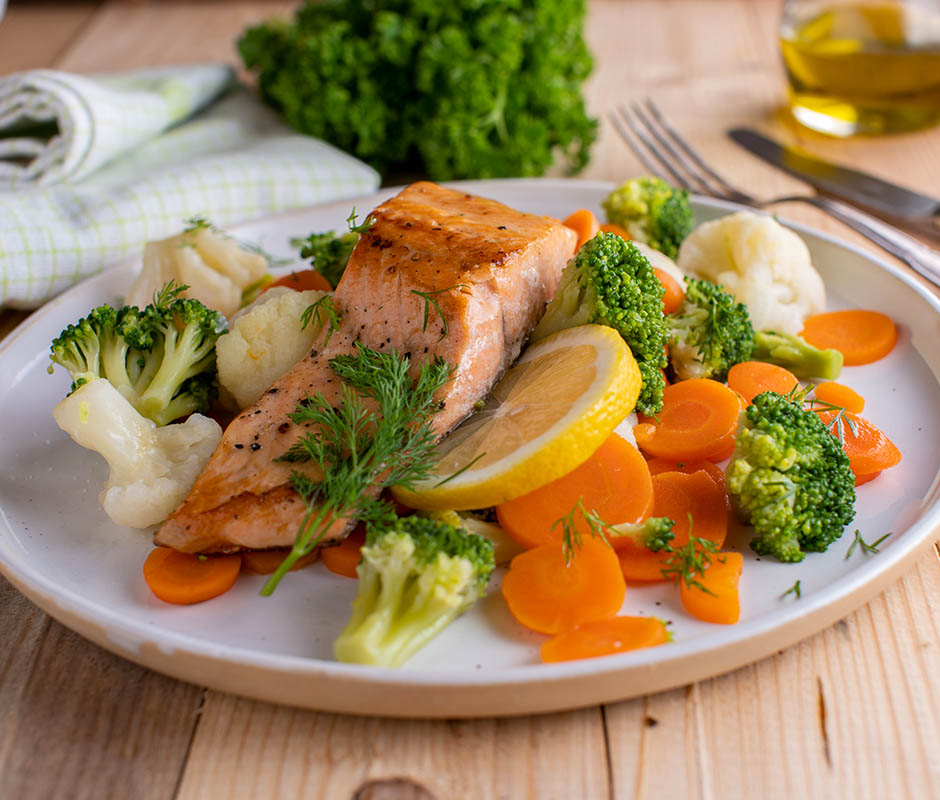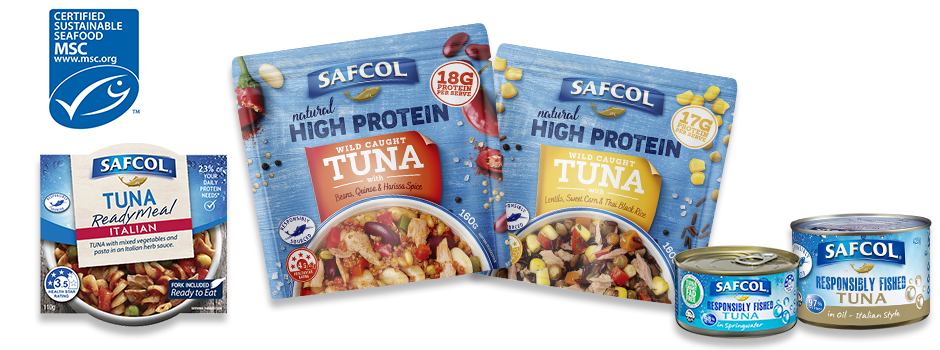Nutrient Essentials in a Low Carbohydrate Diet
Posted on : August 10, 2022
by Ashleigh Feltham
Accredited Practising Dietitian and Accredited Nutritionist
There are several health reasons to follow a low carbohydrate diet. One reason is weight loss. Low carbohydrate diets differ in the levels of carbohydrates considered ideal. There is no universal amount of carbohydrate to classify a diet as low carbohydrate.
Macronutrients are the major dietary sources your body uses to create energy to function. There are three main macronutrients: fat, protein and carbohydrates.
Carbohydrates are the preferred fuel source for your muscles.
When carbohydrates are broken down, they create glucose, which fuels the muscles. Carbohydrates are also used as fuel for your central nervous system, lungs, brain and other body processes.
Low-carbohydrate diets vary in the carbohydrate quantities permitted. This can be up to 150g of carbohydrates a day. At the opposite end of the low-carbohydrate-diet spectrum, the ketogenic diet allows less than 50g of carbohydrates daily. To give you some perspective, one slice of bread contains around 15g of carbohydrates.
There are several nutrients your body needs to function at its best. If you decide to follow a low-carb diet, there is a risk of consuming inadequate nutrition, such as calcium, thiamine (vitamin B1), fibre and folate (vitamin B9). These nutrients are at risk because they are commonly found in carbohydrate-rich foods, such as dairy and wholegrains.
The good news is there are low-carbohydrate foods that provide these vital nutrients.
Calcium
- Salmon with bones
- Sardines
- Calcium set firm tofu
- Almonds
- Hard cheese like Swiss cheese and cheddar cheese
Thiamine (vitamin B1)
- Tuna
- Salmon
- Pork
- Eggs, including the yolk
- Beef
- Organ meat
Folate (vitamin B9)
- Leafy greens like baby spinach
- Brazil nuts
- Asparagus
- Avocado
Fibre
- Broccoli and cauliflower
- Spinach
- Berries like strawberries
- Walnuts
Seafood provides both thiamine and calcium. Look for ethically sourced varieties, so you know you are looking after the health of the planet as well as your body. Remember that long-life seafood is considered equally as nutritious as buying fresh or frozen seafood.
Take home message
If you choose to follow a low-carb diet, make sure you are meeting all your daily nutrient needs in order for your body to function optimally. Add these low-carbohydrate foods to your meals and snacks each day to keep your body working at its best.
References:
- Naude CE, Brand A, Schoonees A, Nguyen KA, Chaplin M, Volmink J. Low-carbohydrate versus balanced-carbohydrate diets for reducing weight and cardiovascular risk. Cochrane Database Syst Rev. 2022 Jan 28;1(1):CD013334. doi: 10.1002/14651858.CD013334.pub2. PMID: 35088407; PMCID: PMC8795871.





